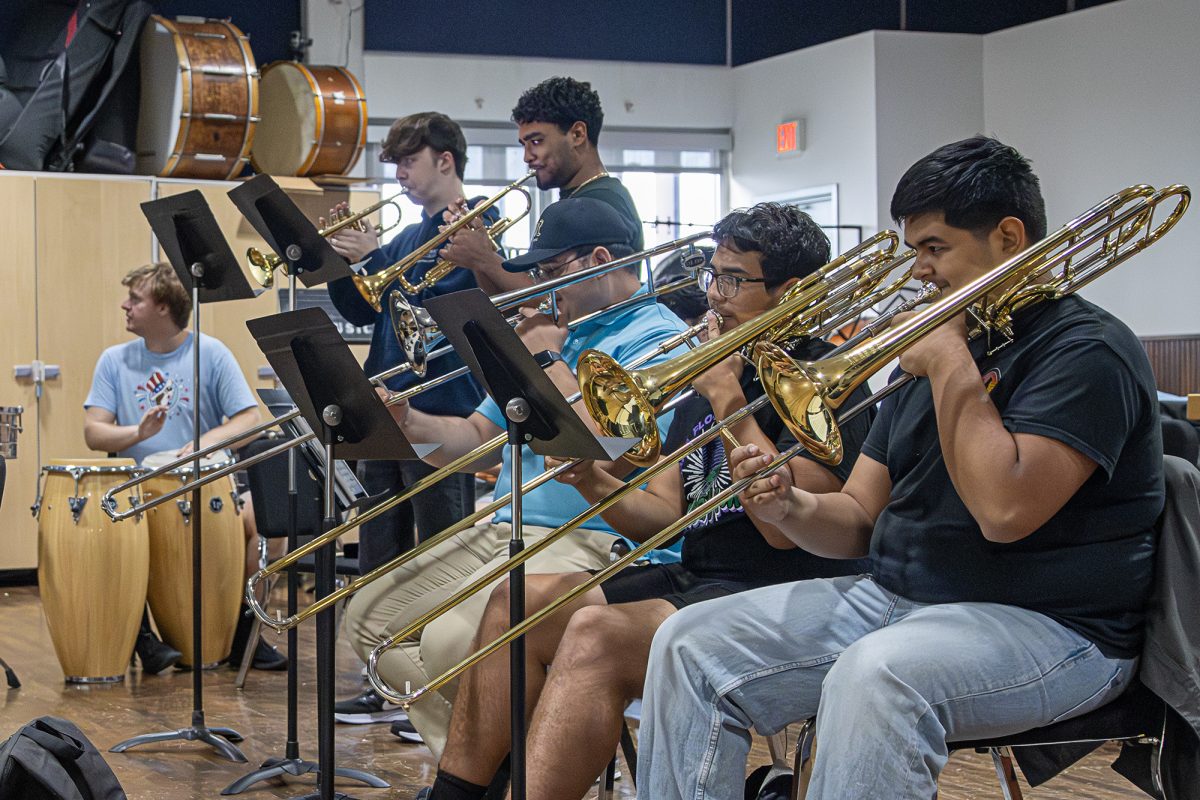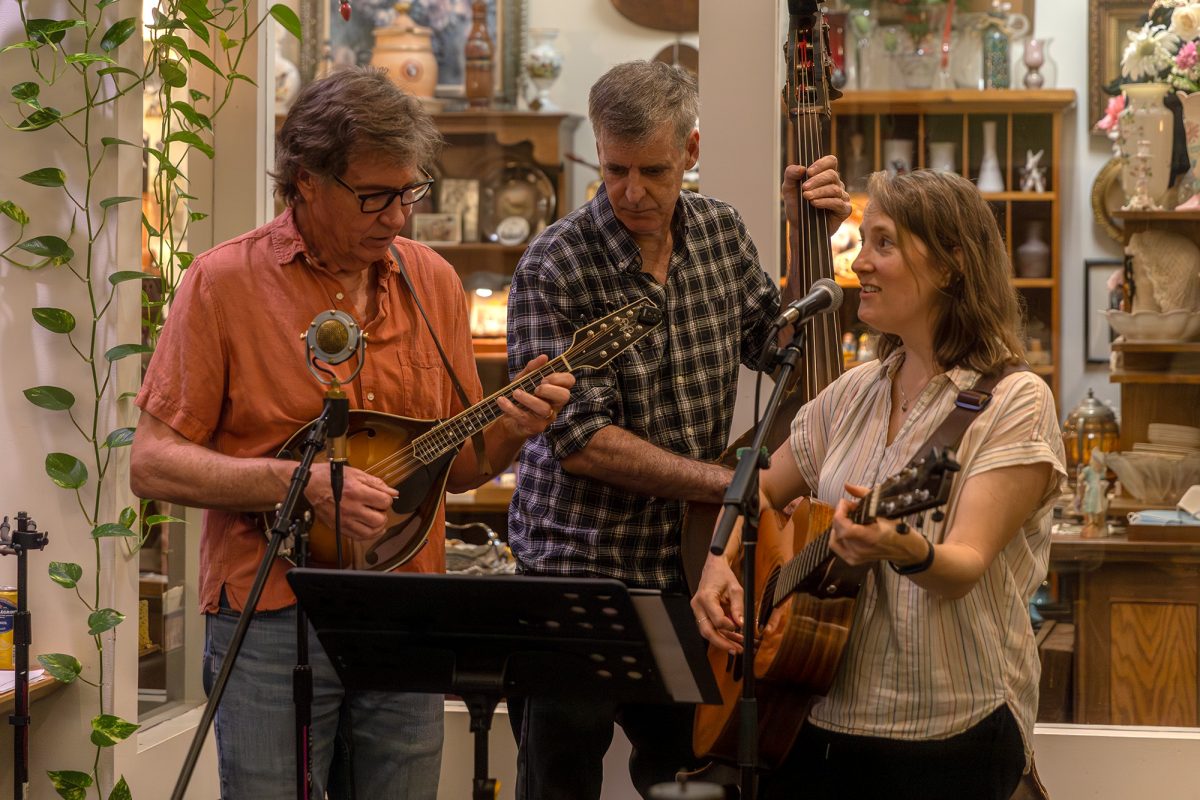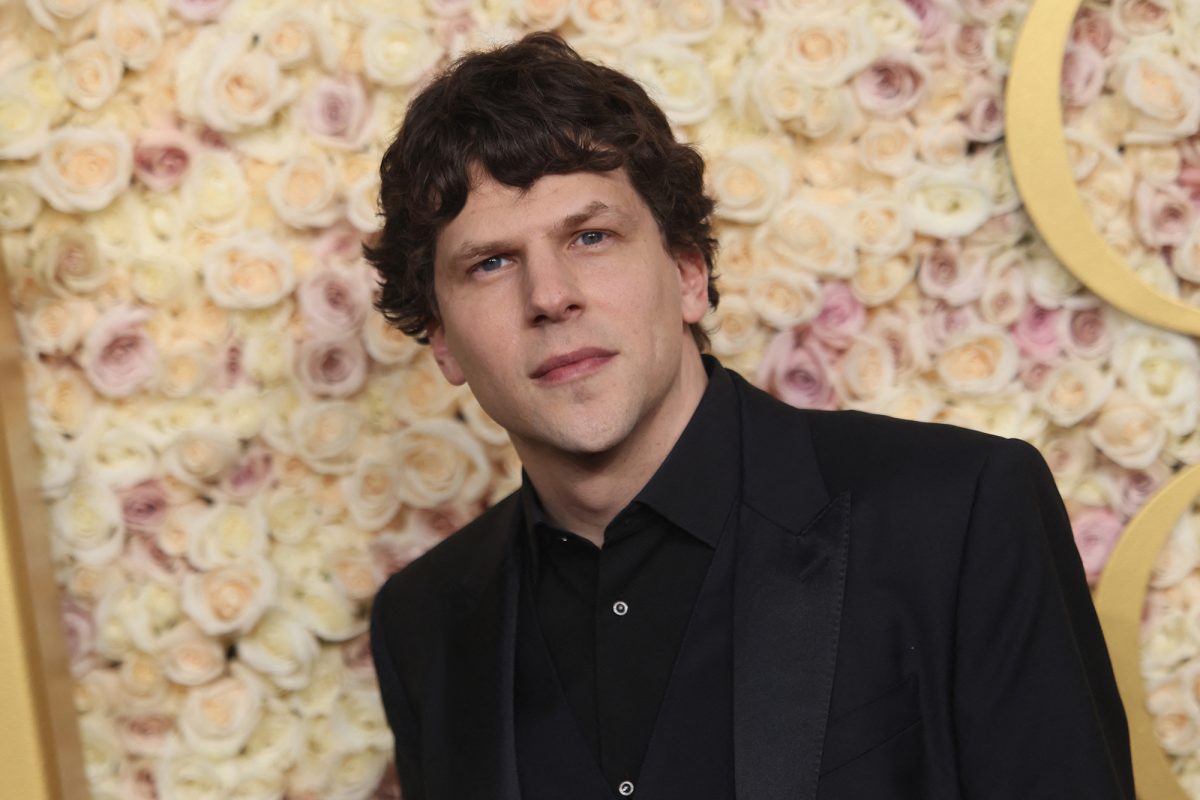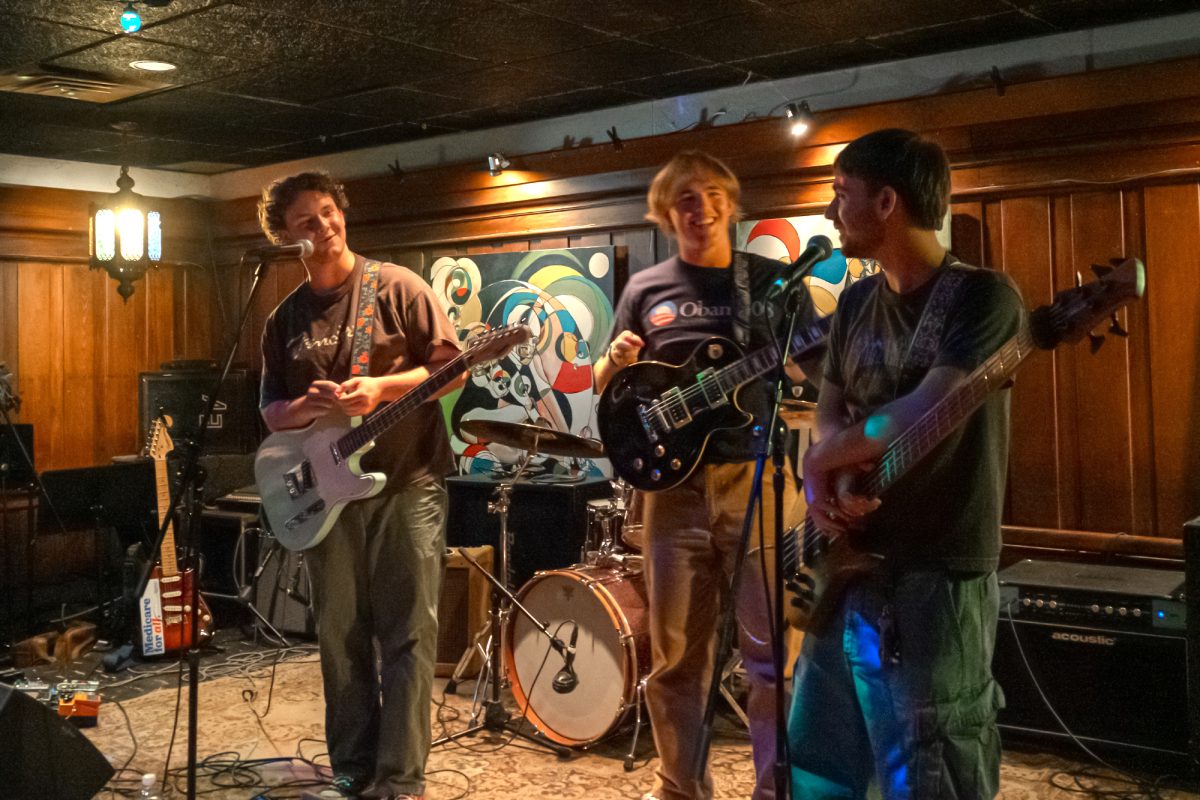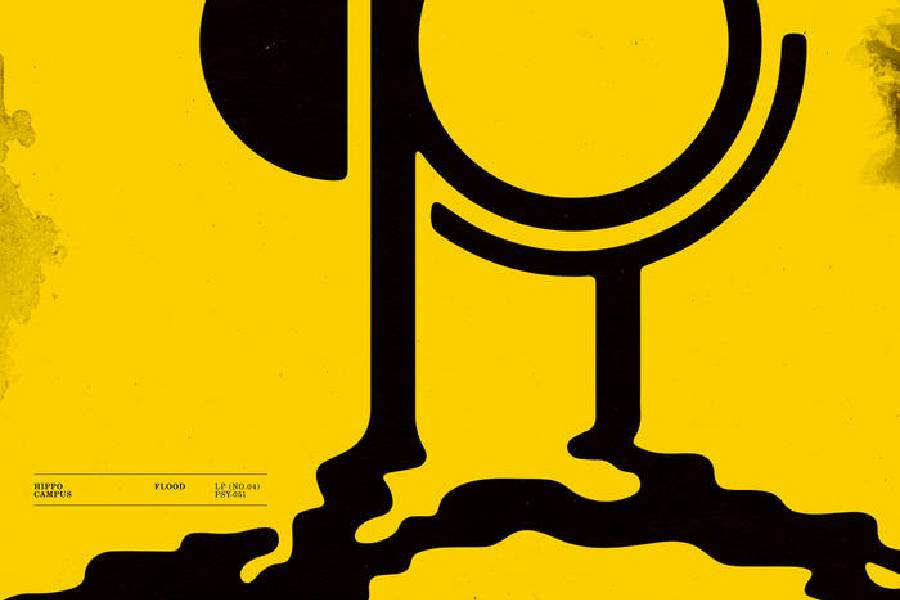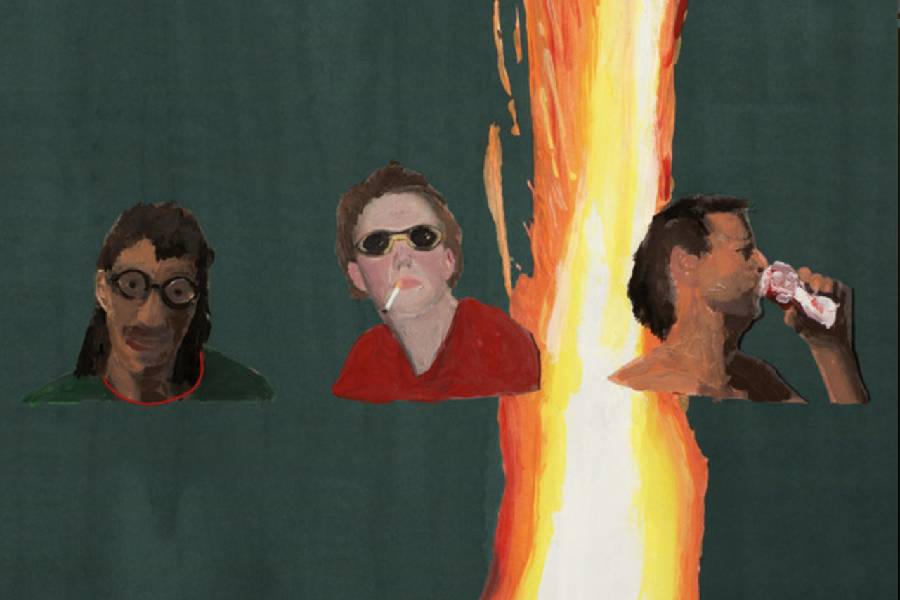Move over, Lana Del Rey — Mitski’s newest album adds creativity and humor to the stereotypical “sad girl” aesthetic.
The Japanese-American musician has always included vulnerable, emotional content in her characteristic, self-aware tone — her second album is even called “Retired From Sad, New Career in Business.” Her most recent release, “Be the Cowboy,” continues this trend of confessional lyricism. “Be The Cowboy” sounds like a collection of diary entries. Lovelorn lyrics are spoken by a ghostly voice, with echoing electric guitar lingering in the background. Mitski is able to reach emotional depths that few other artists can, but there’s only so much sad guitar a listener can take. Songs in the album often fade together, and the lyrics verge on becoming overdone — the tracks with fast-paced, experimental instrumentals are the ones that add vitality to the emotional narrative.
The album’s undeniable strength is its evocative lyricism. Each song is a self-contained story. All of them end with the raw sound of an amp, standing on their own rather than flowing into one another. Mitski has said that her songwriting stems from fictional narratives. She wrote “Be The Cowboy” from the perspective of an adopted persona who she calls an “icy repressed woman.” The fact that the lyrics are fictional doesn’t diminish their power. Mitski’s distance from the narrative allows her to be even more vulnerable, without the fear of exposing too much. The line “I hear my heart breaking tonight, do you hear it too?” in “Pink in the Night” is mournful and complemented by a low, murmuring bass. The lyrics to “Me and My Husband” have more bite, telling the story of an unhappy marriage, with Mitski referring to herself as an “idiot with the painted face.” Each song is yearning and lonely, tongue-in-cheek and sarcastic and all are unabashedly honest.
The album’s instrumentals reflect its heavy-hitting subject matter. “Geyser” begins the album with haunting organ and piano before rising to a climax of echoing vocals and powerful bass. Mitski’s raw plea of “I just can’t be without you” gives way to beautiful guitar. The combination is stunning but loses its effect when it’s repeated throughout the album ad nauseum. At its worst, the album borders on becoming a plodding shuffle of slow-moving guitar, organ chords and sadness.
The 12th track, “Washing Machine Heart,” provides a much-needed break from the near-monotony. Its electronic beats are a welcome change from the slow piano chords and sparse instrumentals of the preceding track, “A Horse Named Cold Air.” The high points of the album are songs that veer away from Mitski’s signature guitar. Electronic influences, acoustic guitar and experimental tempos add punch to lyrics, rather than detracting from their emotional power. The line “Nobody f***s me like me” is even funnier and more unexpected when paired with ’60s acoustic guitar in “Lonesome Love.” High-pitched piano chords add a Lily Allen attitude to “Me and My Husband,” upgrading the lyrics from merely confessional to sarcastically self-aware. “Remember My Name” begins with an intense, fuzzy guitar riff and leads to a crashing chorus. These can stand alone instrumentally and keep the songs fresh in the listener’s mind.
Mitski’s strength is creating an immersive atmosphere in her music. Listening to “Old Friend” puts the listener in the lonely blue diner described in the lyrics, sipping bad coffee. “Two Slow Dancers” clearly conjures the image of an empty ballroom, populated only by two lonely lovers. And when these lyrics combine with attitude-filled instrumentals, they’re witty, harsh and impactful. But too easily, they can start to drag, and you’re almost tempted to tell Mitski to get over the lonely heartbroken schtick. However sad the songs may seem though, Mitski’s passionate delivery makes it seem like she truly means every word, and that raw sincerity brings “Be The Cowboy” away from merely glum to unapologetically angsty and resonant.




